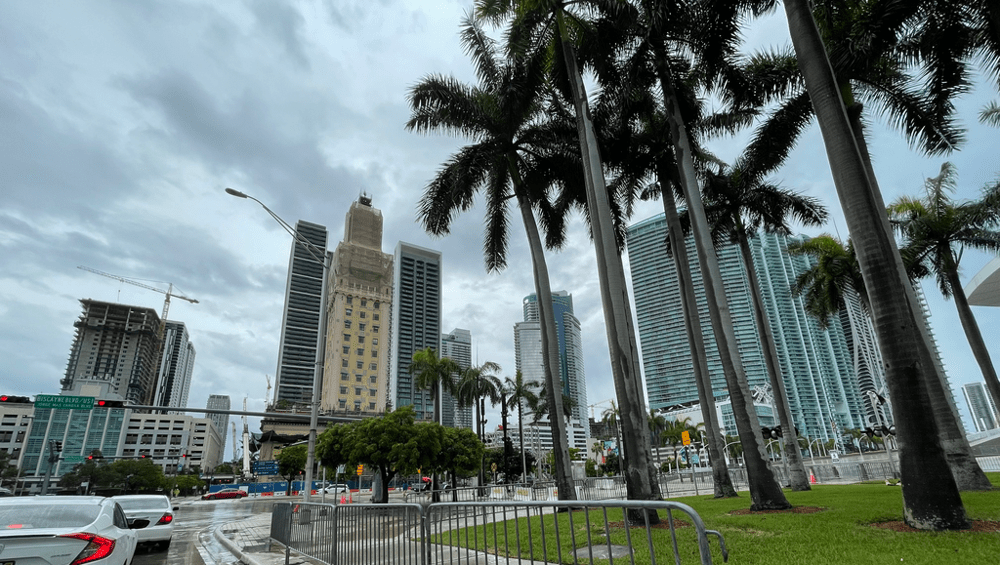In the most recent election cycle, Florida voters had the opportunity to weigh in on Amendment 3, a measure that aimed to legalize the recreational use of cannabis for adults aged 21 and older. Despite initial optimism from advocates, the amendment ultimately failed to secure the 60% supermajority required for constitutional amendments in Florida. This outcome has sparked widespread debate over the future of cannabis legalization in the Sunshine State.
What Was Amendment 3?
Amendment 3 sought to amend Florida’s constitution to allow the possession, cultivation, and use of cannabis for recreational purposes. Under the proposed law, adults 21 and older could:
- Legally possess up to 2.5 ounces of cannabis.
- Cultivate a limited number of plants for personal use.
- Purchase cannabis from state-regulated dispensaries.
The measure also included provisions to regulate the cannabis industry, impose taxes, and create a framework for licensing businesses.
The Vote and Key Data
Amendment 3 fell short of the required supermajority, receiving approximately 58% approval—a narrow margin but not enough to pass. Here are some key data points from the election:
- Voter Turnout: Florida saw a relatively high voter turnout, particularly among younger demographics, who tend to favor cannabis legalization. However, this was not enough to overcome opposition among older voters.
- Regional Differences: Urban areas like Miami, Orlando, and Tampa showed strong support for the amendment, while rural counties voted predominantly against it.
Supporters’ Perspective
Proponents of Amendment 3 highlighted several benefits:
- Economic Impact: Legalization was projected to generate over $1 billion in annual tax revenue and create thousands of jobs.
- Criminal Justice Reform: Advocates argued that legalization would reduce arrests for non-violent cannabis offenses, alleviating pressure on the criminal justice system.
- Public Health and Safety: Regulation would ensure safer products and reduce the risks associated with the black market.
Opponents’ Concerns
Critics of the amendment raised several objections:
- Health Risks: Concerns over potential increases in youth access and impaired driving were significant talking points.
- Regulatory Challenges: Opponents questioned whether Florida was prepared to effectively regulate a recreational cannabis market.
- Cultural Resistance: Many voters in conservative and rural areas opposed the measure on moral or cultural grounds.
Implications of the Failure
The failure of Amendment 3 does not mark the end of the cannabis legalization movement in Florida. Instead, it highlights the challenges advocates face in navigating the state’s political and cultural landscape. Key implications include:
- Increased Advocacy: Organizations like Regulate Florida and NORML have vowed to continue pushing for legalization, focusing on education and outreach to older and rural voters.
- Economic Opportunity Delayed: Businesses eager to enter the recreational market will need to wait for future opportunities, potentially losing ground to other states with established programs.
- Potential Revisions: Future ballot measures may address the concerns raised during this election cycle, such as clearer regulatory guidelines or compromises on cultivation limits.
Looking Ahead
While the failure of Amendment 3 is a setback for cannabis advocates, it also serves as a learning opportunity. With nearly 60% of voters in favor, the groundwork has been laid for future efforts to legalize recreational cannabis in Florida. As public opinion continues to shift and more states embrace legalization, Florida remains a key battleground in the broader push for nationwide cannabis reform.

